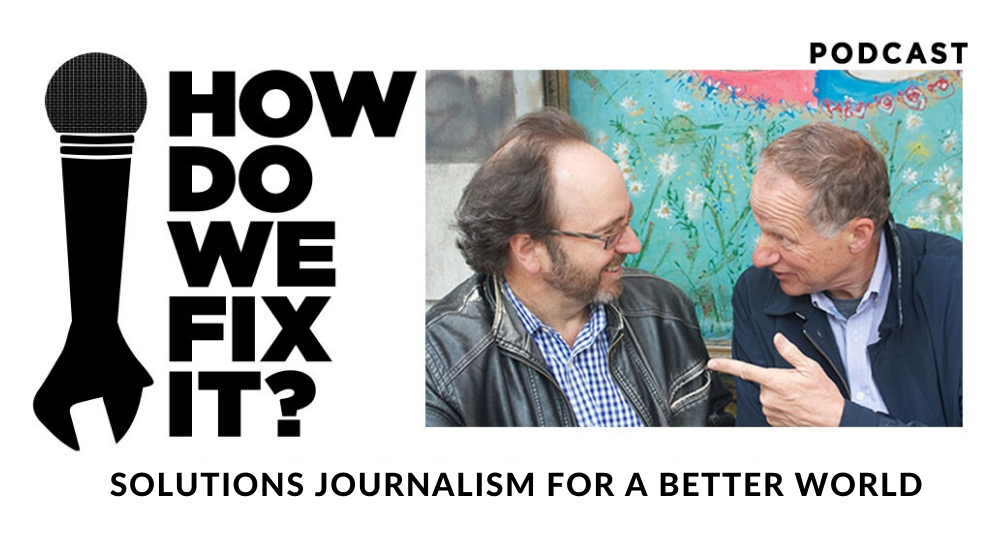Have you ever been the victim of a con artist? Very often we fall for cons ourselves without being aware of it.
We speak with journalist and psychologist Maria Konnikova, a regular contributor to The New Yorker magazine and best-selling author of “The Confidence Game:" Through storytelling and science, she explains the mind of the con artist and what makes the rest of us so susceptible.
Con artists are everywhere. Since 2008 the number of reported cases of consumer fraud have shot up 60%. Online cases have doubled. Billions of dollars are lost each year in scams.
"People are very willing to pay for things that will make them feel better about themselves," says Maria, especially when they're feeling lonely, are going through a divorce or have lost a job. "It can also happen during positive life transitions: you're about to have a baby or move to another city."
Con artists, she says, can swoop in when you're vulnerable and give you a sense of emotional purpose or stability.
Skilled scam artists are very good listeners and learn as much about their victims as they can. The internet and social media make their research so much easier.
Solutions: How to make yourself less vulnerable to con artists
Never accept a friend request on Facebook from someone you don't personally know, because your Facebook page has too much information that a con artist can use against you.
Don’t post too much personal information online: locations, habits, and schedules. For instance, don’t check-in to locations, like stores or restaurants. Avoid geotags - giving information about your whereabouts.
Don’t sign up for free trial offers, the most common scams involve fake weight loss schemes, prize promotions and buyers clubs.
Be cautious when you use online payment sites and monitor your bills, because another popular scam is unauthorized Internet billing.
Don't click on links in an e-mail unless you've requested a password reset. For instance, if Google sends you an email saying that you need to change your password, go through Google. Don't use the email link.
Mindfulness. Go for a walk for one hour without a mobile electronic device. Get out of the immediacy of your everyday life and give your brain time to process the information that you have been given. Be aware that a broader perspective - even a sense of objectivity about yourself - can make you less of a target.
Businesses and institutions:Send a very clear message about ethics and accountability to employees and associates. A corporate culture that stresses the importance of the bottom line over everything else can lead to fraud.
In relationships and while investing beware of "sunken cost bias" the cost that has been incurred in an activity and is not recoverable; some victims have trouble admitting to being scammed because they have already lost money, time or pride. It’s never too late to walk away.
